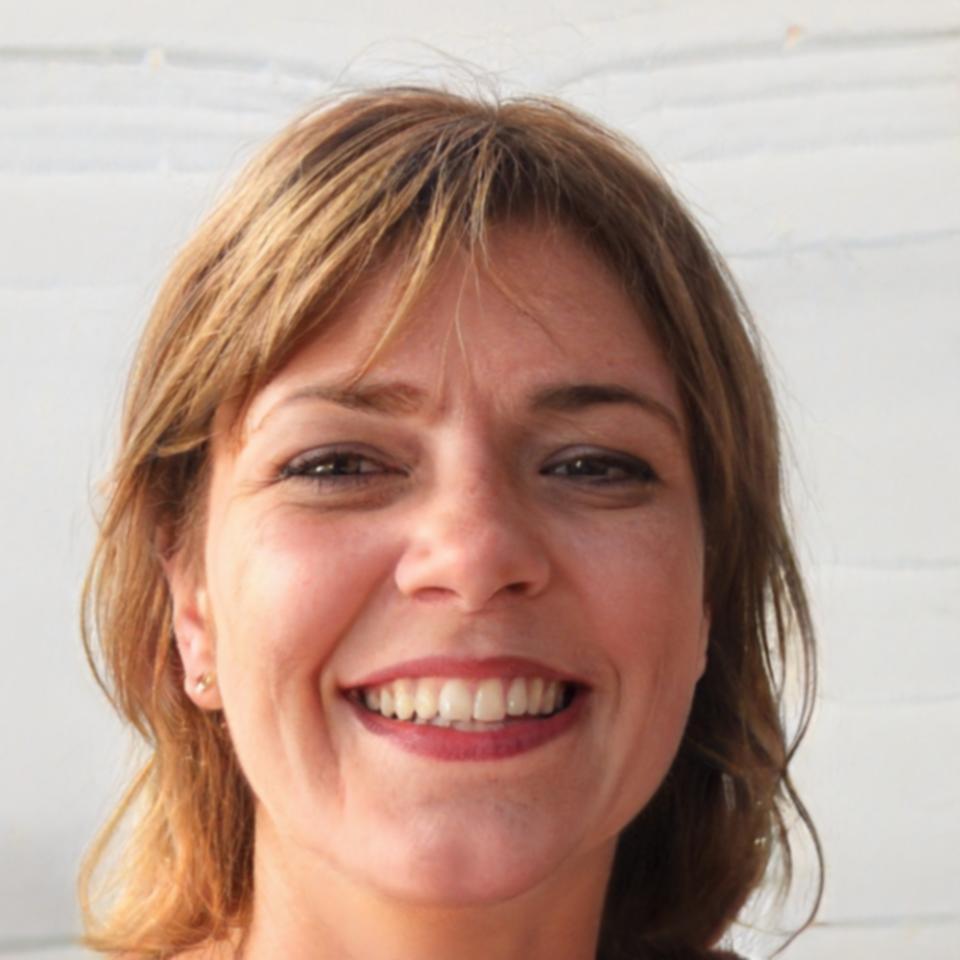See How It Works in Practice
Theory without application isn't much use when you're facing real financial decisions. Here's how rolling budget principles play out in situations our students commonly encounter.
The Car Repair Surprise
Sarah budgeted $2,800 monthly, but her car needed $850 in unexpected repairs in week two. With a traditional budget, this would derail her entire month and possibly create debt.
The Freelance Income Swing
James works contract jobs with irregular income — some months bring $4,000, others just $1,200. Traditional monthly budgets left him constantly playing catch-up or feeling guilty about "overspending."
The Opportunity Investment
Lisa found a professional development course that could significantly advance her career, but it cost $1,500 and wasn't in her "education" budget line.





